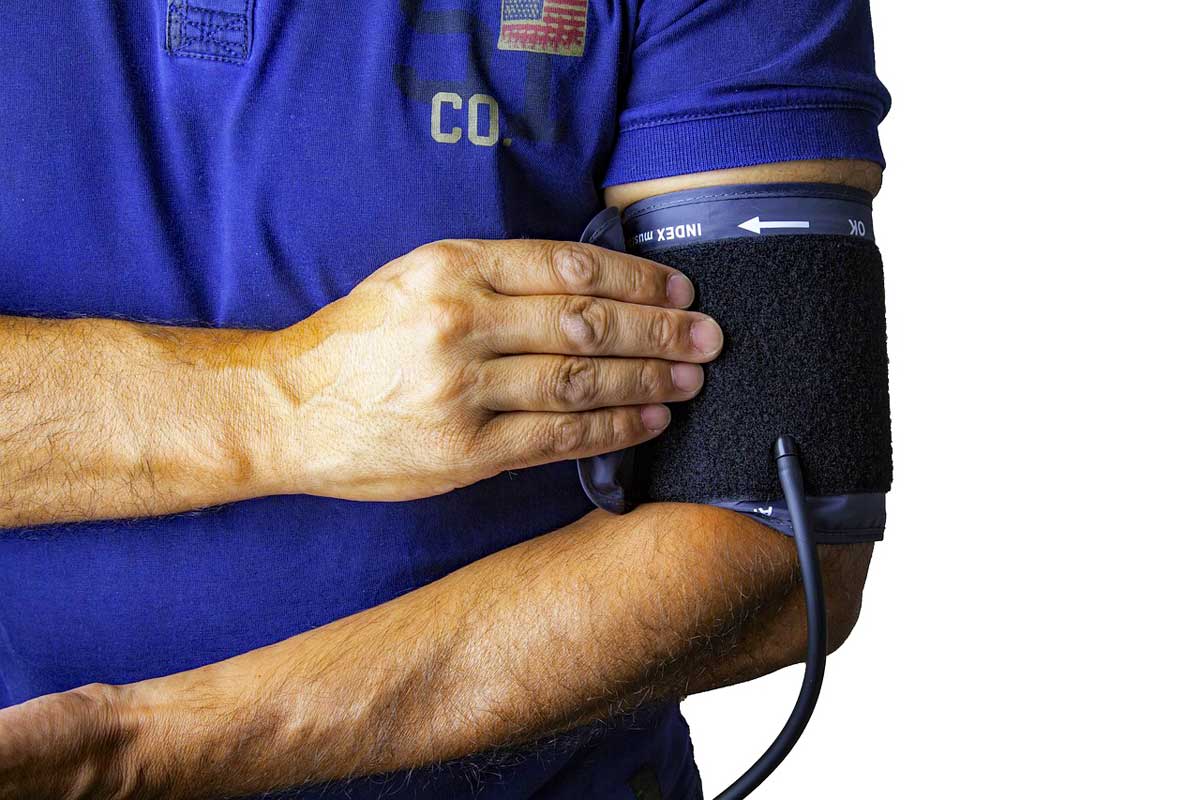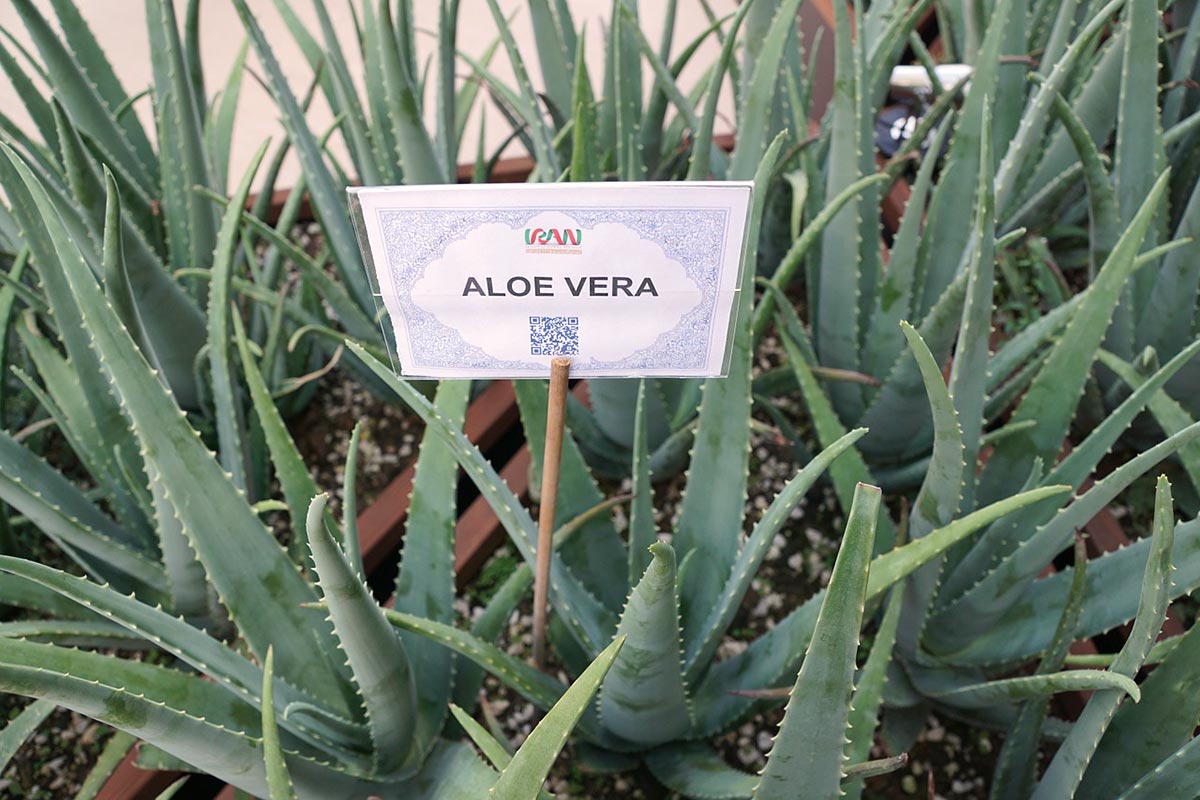If your blood pressure deviates from the normal range, your doctor may not immediately prescribe medication. Instead, they often recommend several lifestyle changes to see how your body responds before resorting to pharmaceuticals. Many times, these adjustments in diet and habits can naturally bring blood pressure to a healthy level. This approach minimizes dependency on medication and avoids potential side effects. Additionally, blood pressure supplements or vitamins are increasingly being advised as a nutritional way to support cardiovascular health.
Understanding the Rising Statistics
With the prevalence of high blood pressure steadily increasing, the CDC estimates that 90% of middle-aged Americans will face hypertension at some point in their lives. This alarming trend highlights the importance of exploring natural methods to manage blood pressure before turning to long-term medication. Many people resign themselves to a lifetime of pills without considering alternatives like blood pressure supplements, which could offer a safer, effective approach.
Maintaining a Healthy Weight
Excess weight is one of the primary contributors to fluctuating blood pressure. Even a modest amount of extra weight around the midsection can place undue stress on the heart, leading to instability in blood pressure. According to the American Heart Association, being overweight is an underlying factor in 50% of high blood pressure cases. Harvard research further reinforces this, linking weight, blood pressure, and poor dietary habits to preventable deaths. If weight loss has been a challenge, let this be a motivating factor: even modest weight reduction can have significant benefits for heart health and blood pressure control.
Reducing Sodium Intake
One simple yet impactful step is to limit sodium intake. Excess sodium increases blood volume, forcing the heart to work harder and raising blood pressure. Avoid processed foods, which are often loaded with hidden salt, and resist the urge to add extra salt to meals. Instead, focus on incorporating foods rich in potassium, which can counteract the effects of sodium. Potassium is commonly found in blood pressure supplements, providing additional support for maintaining healthy sodium levels.
Incorporating Heart-Healthy Foods
A diet rich in heart-healthy foods can do wonders for your blood pressure. Aim for at least 5 to 6 servings of fruits and vegetables daily. Garlic, known for its ability to support circulation, is a particularly beneficial addition to your diet. Other helpful foods include pomegranates, dark chocolate (with minimal added sugar), and omega-3 fatty acids found in fatty fish like salmon and mackerel. If it’s difficult to consistently consume these nutrients through food alone, consider supplements, especially omega-3 capsules, to ensure you’re getting an optimal dose.
Hydration Matters
Staying hydrated is another essential aspect of managing blood pressure. Drinking 8 to 10 glasses of water daily helps maintain proper blood volume and supports the circulatory system. During warmer months or intense physical activity, increase your water intake to compensate for fluid loss through sweat.
The Role of Physical Activity
Regular exercise is a cornerstone of blood pressure management. A brisk 30-minute walk daily not only helps regulate blood pressure but also reduces stress and improves overall cardiovascular fitness. Activities like yoga and tai chi are excellent for those who prefer low-impact exercises, as they combine physical movement with stress reduction, further benefiting heart health.
Herbal and Natural Supplements
Certain herbs and natural compounds have shown promise in supporting blood pressure. Hawthorn leaves, for example, are rich in flavonoids that help relax blood vessels, promoting smoother circulation. Another effective natural ingredient is Nattokinase, derived from fermented soybeans, which has been used in Japanese medicine for centuries to support heart health. These ingredients are often included in quality blood pressure supplements and can be an excellent addition to your natural health regimen.
Essential Nutrients for Blood Pressure
Several vitamins and minerals play a crucial role in maintaining normal blood pressure. Vitamin D, for instance, supports calcium balance and vascular health, while folic acid helps reduce levels of homocysteine, an amino acid linked to cardiovascular issues. Potassium citrate aids in balancing sodium levels, and Taurine, an antioxidant, protects against oxidative stress that can damage blood vessels. These nutrients are often combined in scientifically formulated blood pressure supplements like Blood Pressure Matrix, designed to support the body’s natural ability to regulate blood pressure.
Scientific Backing for Natural Methods
Recent studies provide compelling evidence for the effectiveness of natural methods in blood pressure management. Research published in the American Journal of Hypertension highlights the benefits of combining dietary adjustments with physical activity, showing significant improvements in blood pressure levels without medication. Similarly, a study in the Journal of Nutrition emphasizes the role of potassium-rich diets in reducing hypertension risk.
Consulting with Your Doctor
Before making significant changes to your diet or exercise routine, or before starting any supplement, consult with your healthcare provider. If you are already on medication for blood pressure, discuss your interest in natural supplements like Blood Pressure Matrix to ensure there are no contraindications. Your doctor can guide you in creating a comprehensive plan that integrates lifestyle changes, dietary adjustments, and supplements safely and effectively.
Final Thoughts
Managing blood pressure naturally is not only achievable but also highly beneficial for long-term health. By maintaining a healthy weight, reducing sodium intake, staying active, and incorporating heart-healthy foods and supplements into your routine, you can support your cardiovascular system and reduce your reliance on medication. With dedication and the right strategies, you can take control of your blood pressure and enjoy a healthier, more balanced life.













